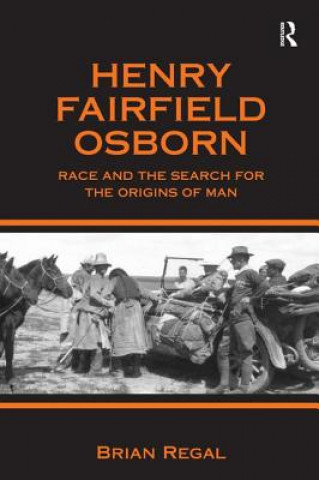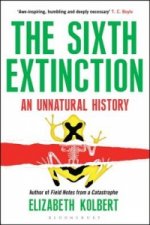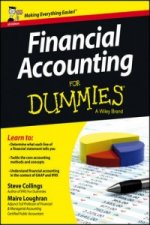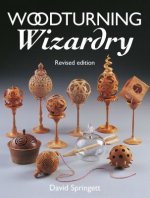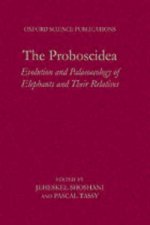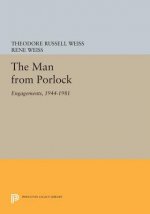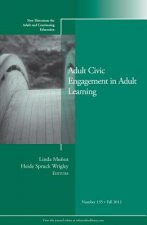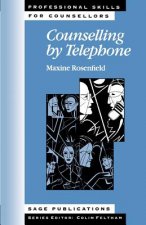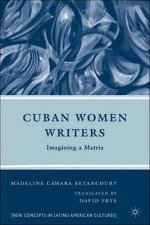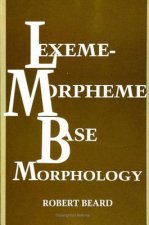
Delivery
Shopping guide





Doesn't suit? No problem! You can return within 30 days
 Gift voucher
any value
Gift voucher
any value
You won't go wrong with a gift voucher. The gift recipient can choose anything from our offer.
Henry Fairfield Osborn
 English
English
 494 b
494 b
 Delivery to Austria
Delivery to Austria
30-day return policy
You might also be interested in


As president of the American Museum of Natural History, Henry Fairfield Osborn (1857-1935) was an important figure in late-19th- and early-20th-century American science. His career put him in a unique position to find the first humans and his public profile lent authority to his pronouncements on science, education and the state of society. His reputation was second only to Darwin. In 1922, Osborn led an expedition subsequently synonymous with the discovery of an array of dinosaurs, in an attempt to prove that Central Asia was the cradle of Man, effectively to "see where we came from". This was the Central Asiatic Expedition. Osborn argues that contemporary humans had developed from human-like ancestors with little direct connection to primates, the difference being the level of struggle - the harder the struggle, the more developed the species became. Though Darwinian evolution provided a useful pseudo-scientific theory for social injustice, with perceived racial differences taken as indicators of biological "facts" which could be used to support behaviour stemming from prejudice, the work of Osborn linked questions of evolution, the biological study of ethnicity, and social Darwinism in a way as yet unexplored. Part of Osborn's larger objective was to show that an individual's characteristics were a result of their biological and geographical origins. His search for the origins of man was this idea taken to its biological extreme. This text examines Osborn's work with an emphasis on his own personal experience. The author argues that it would be simplistic to view him as a racist merely, and invokes a complex set of paradigms that must be considered when reviewing Osborn's thought and work. Raised a Presbyterian, he retained Christian values, though he was proud to describe himself as a staunch empiricist. In this analysis, Osborn believed that if his theory of evolution was borne out it would, by analogy, suggest that his belief in the possibility of achieving salvation would also be borne out, as, to him, both were products of God's laws.
About the book
 English
English


 Contact
Contact How to shop
How to shop















